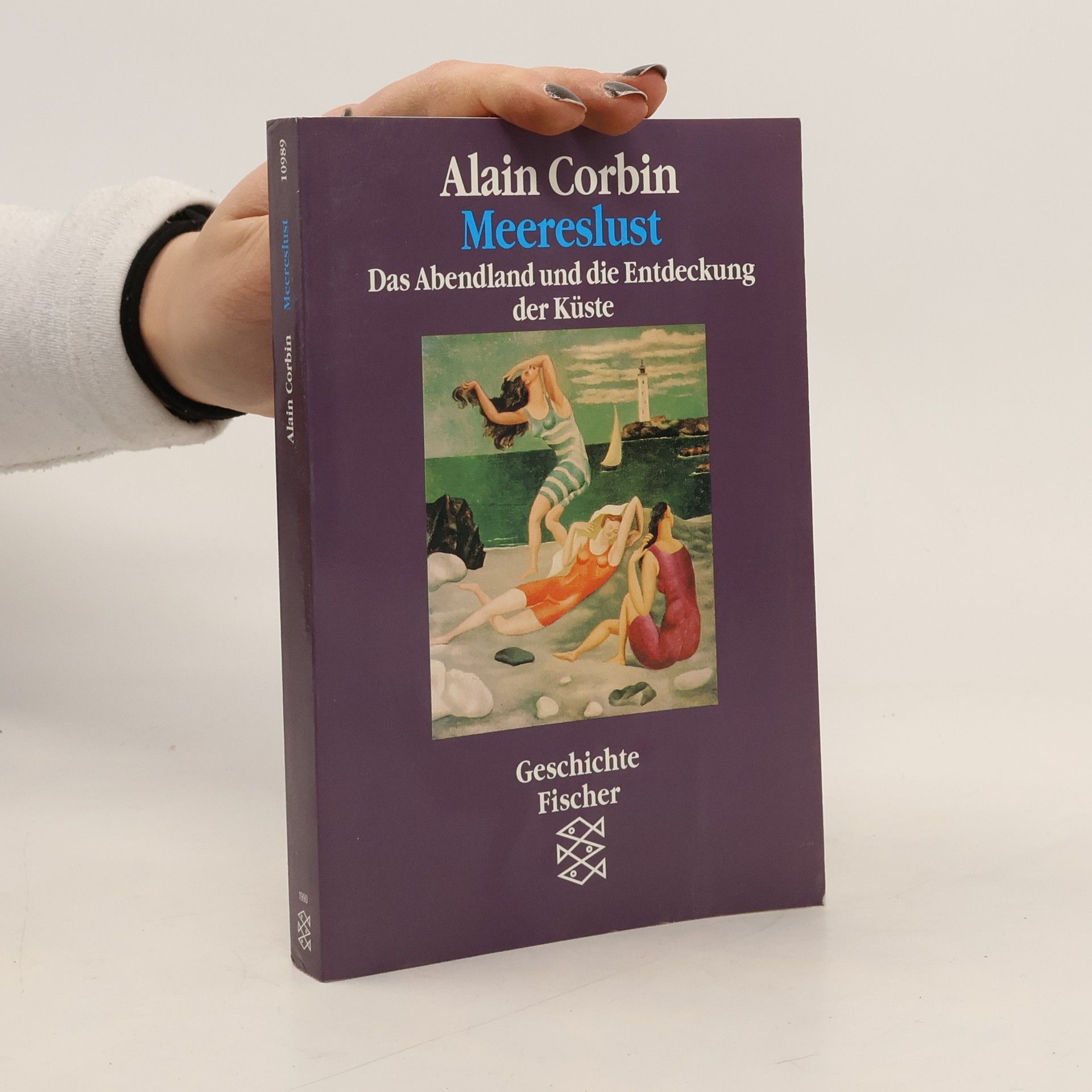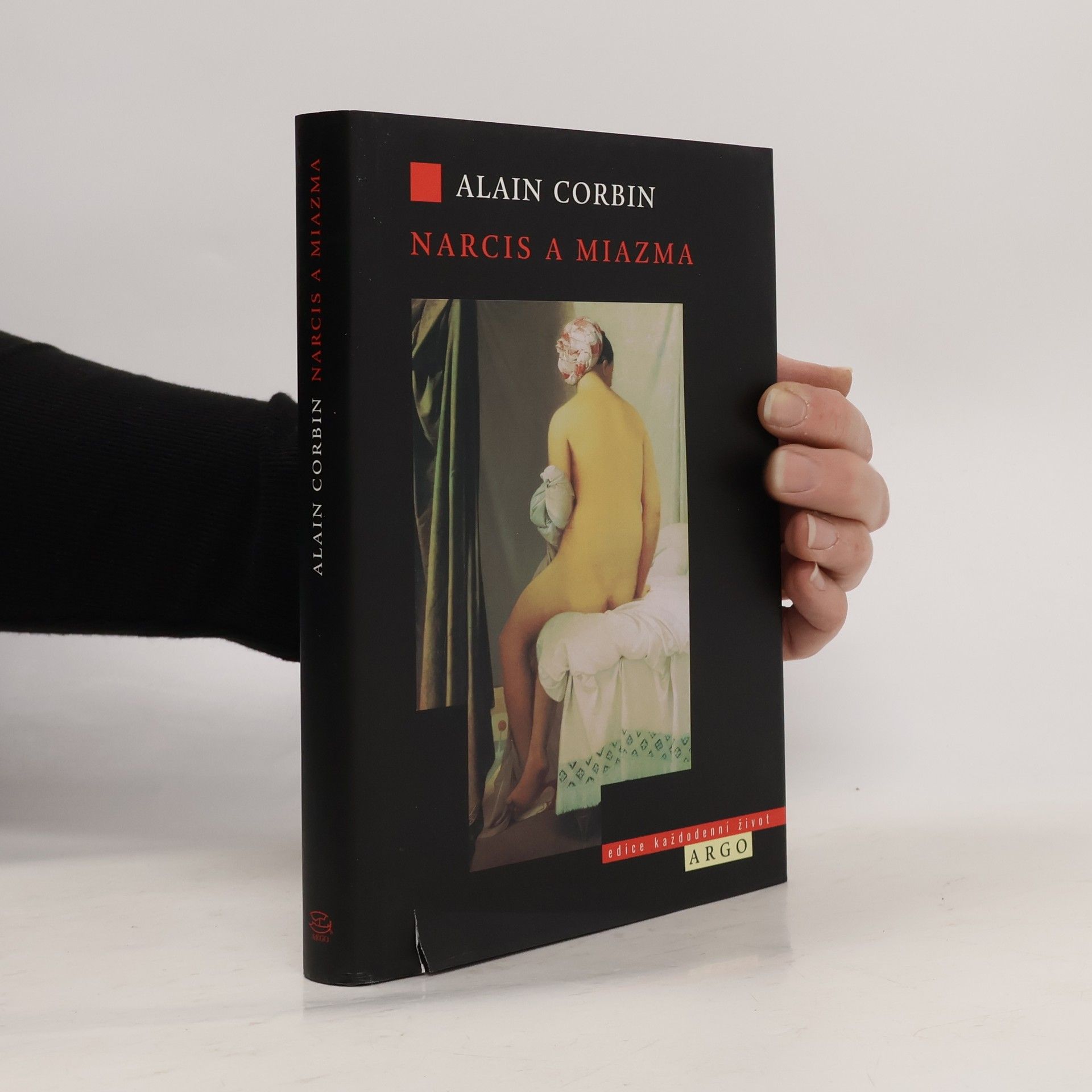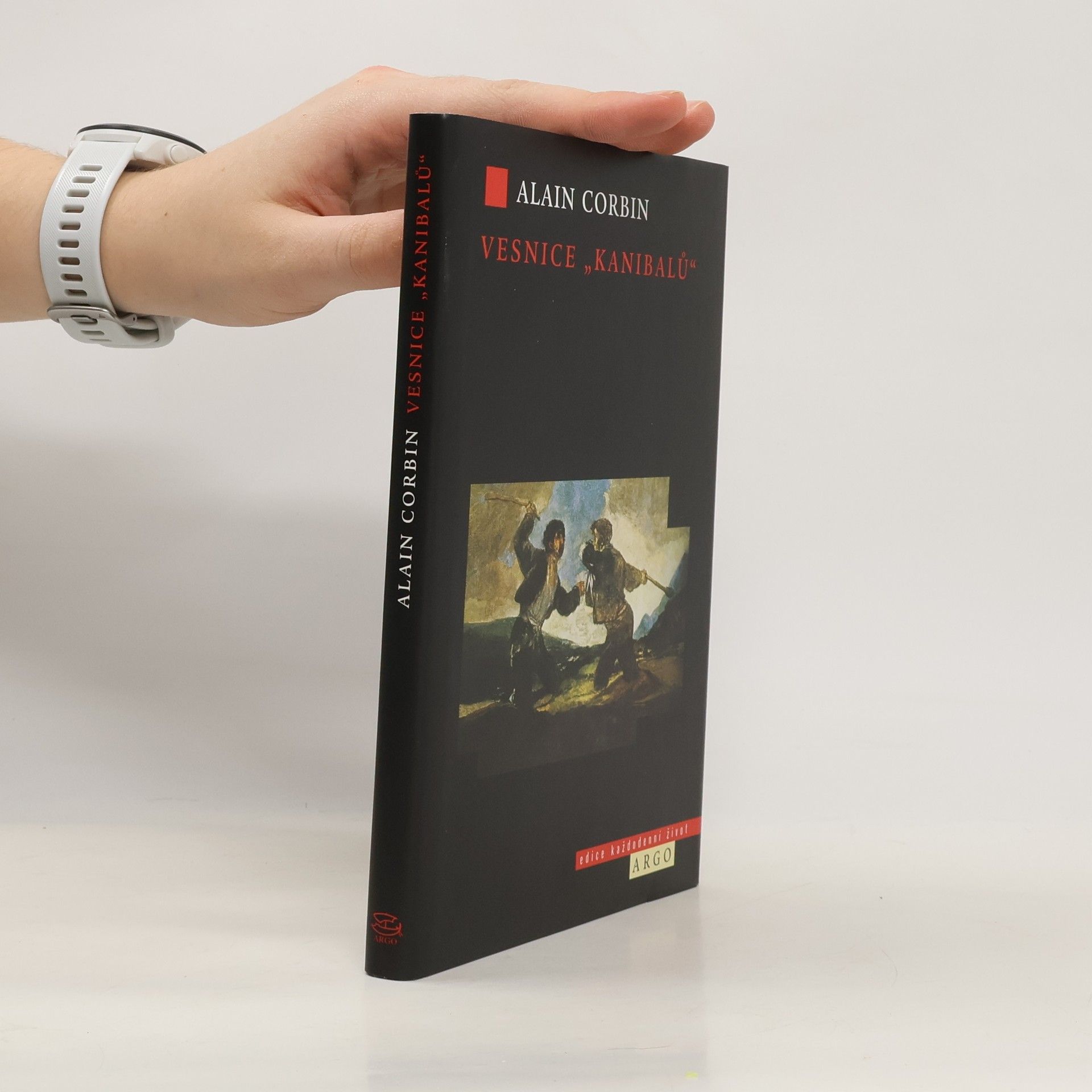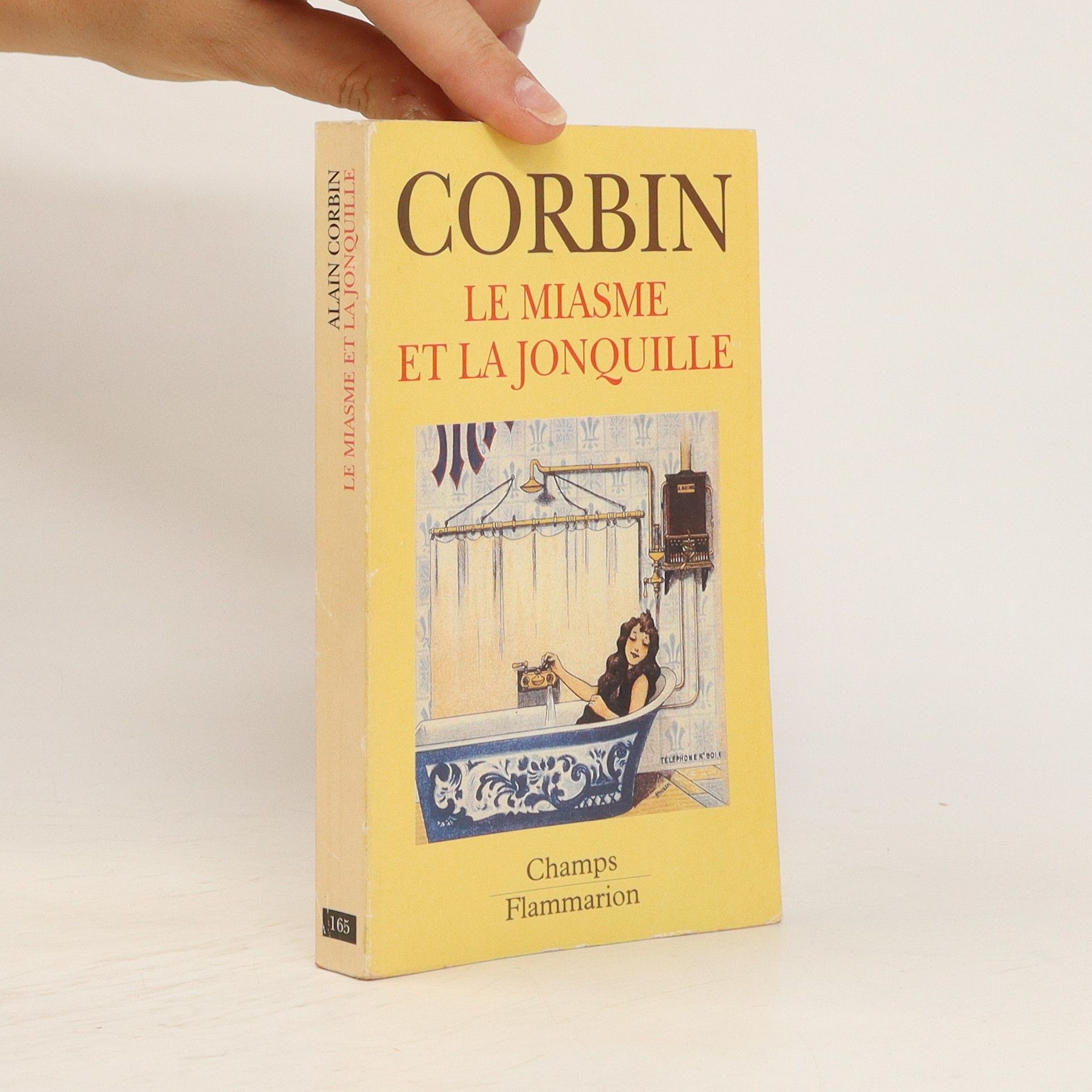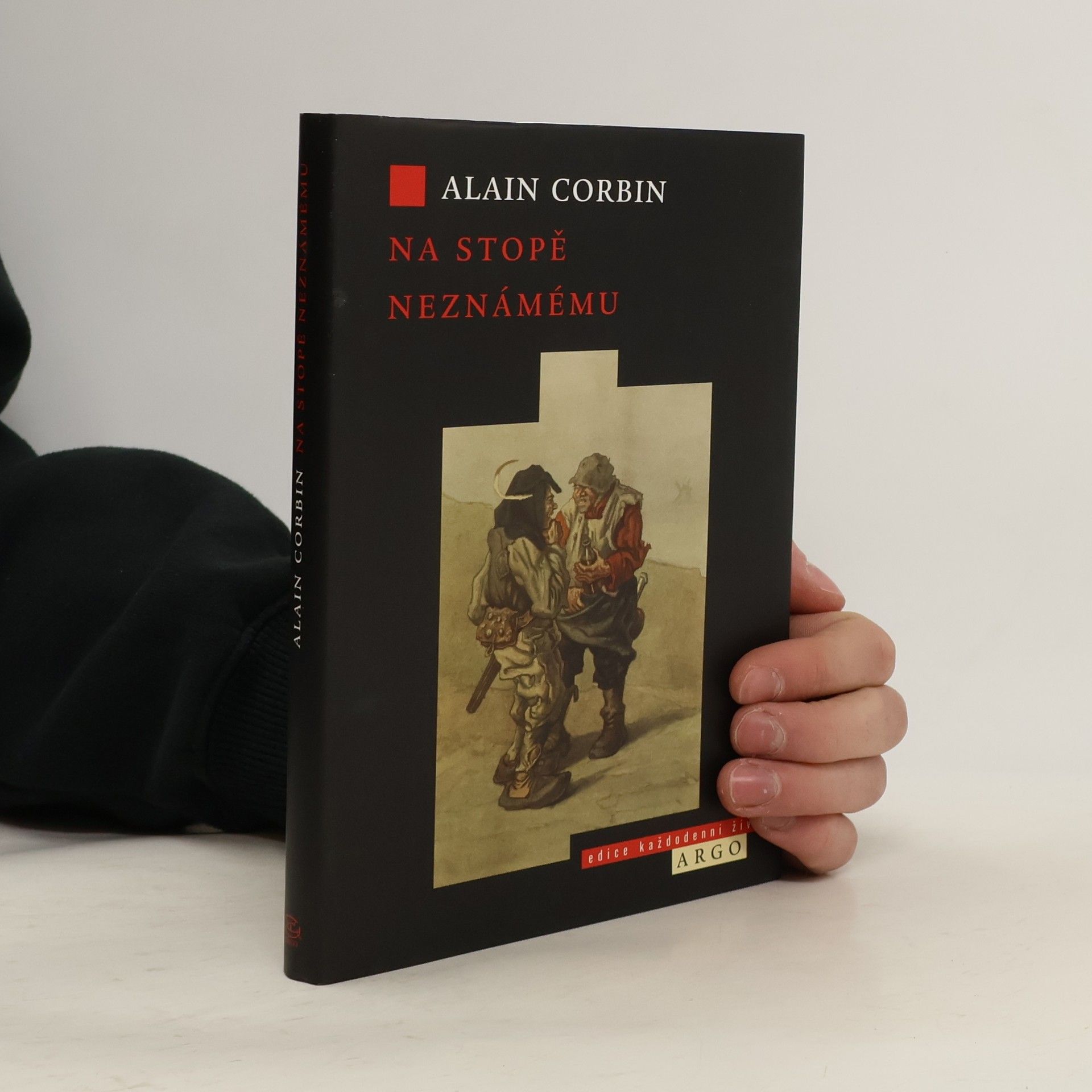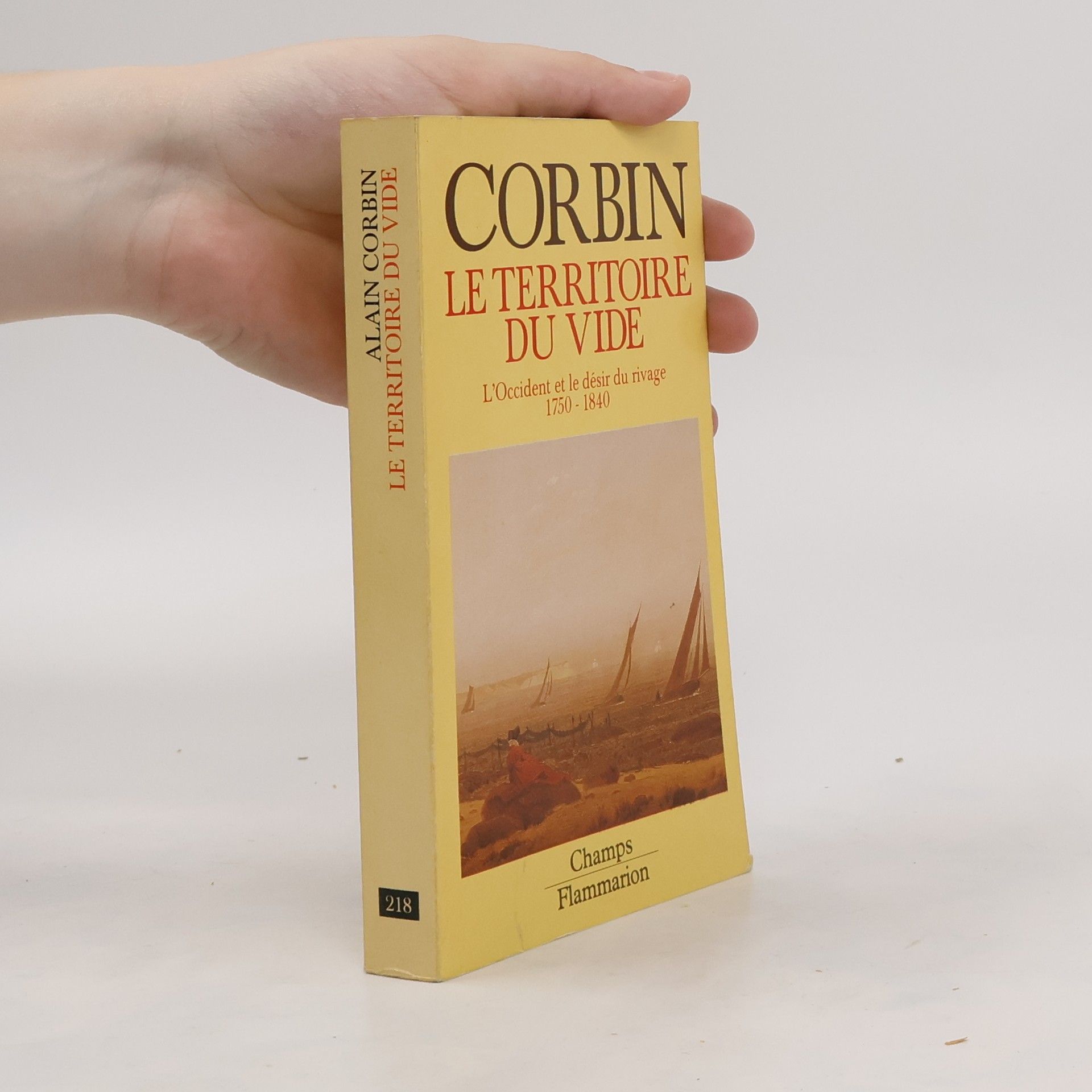A History of Rest
- 122pagine
- 5 ore di lettura
Rest occupies a space outside of sleep and alertness: it is a form of recuperation but also of preparation for what is to come, and is a need felt by human and animal alike. Through the centuries, different and conflicting definitions and forms of rest have blossomed, ranging from heavenly repose to what is prescribed for the modern affliction of burn-out. What has remained constant is its importance: long the subject of art and literature, everyone understands the need not to disturb the aimless, languishing, daydreaming Lotus-eater. Not viewed simply as an antidote for fatigue, for a long time rest was seen as the prelude to eternal life, until everything changed in the nineteenth century and society entered the great ‘age of rest’. At this point, the renowned French historian Alain Corbin explains, rest took on new therapeutic and leisurely qualities, embodied by the new types of human that emerged. The modern epicurean frolicked on beaches and soaked up the rays, while melancholics were rejuvenated in pristine sanatoria, the new temples of rest. Paid holidays and a widespread acceptance of the need to build up the strength sapped during work followed, while the 1950s became the decade of ‘sea, sex and sun’. This new book, as original as Corbin’s other histories of neglected aspects of human life, pans the long evolution of rest in a highly readable and engaging style.

